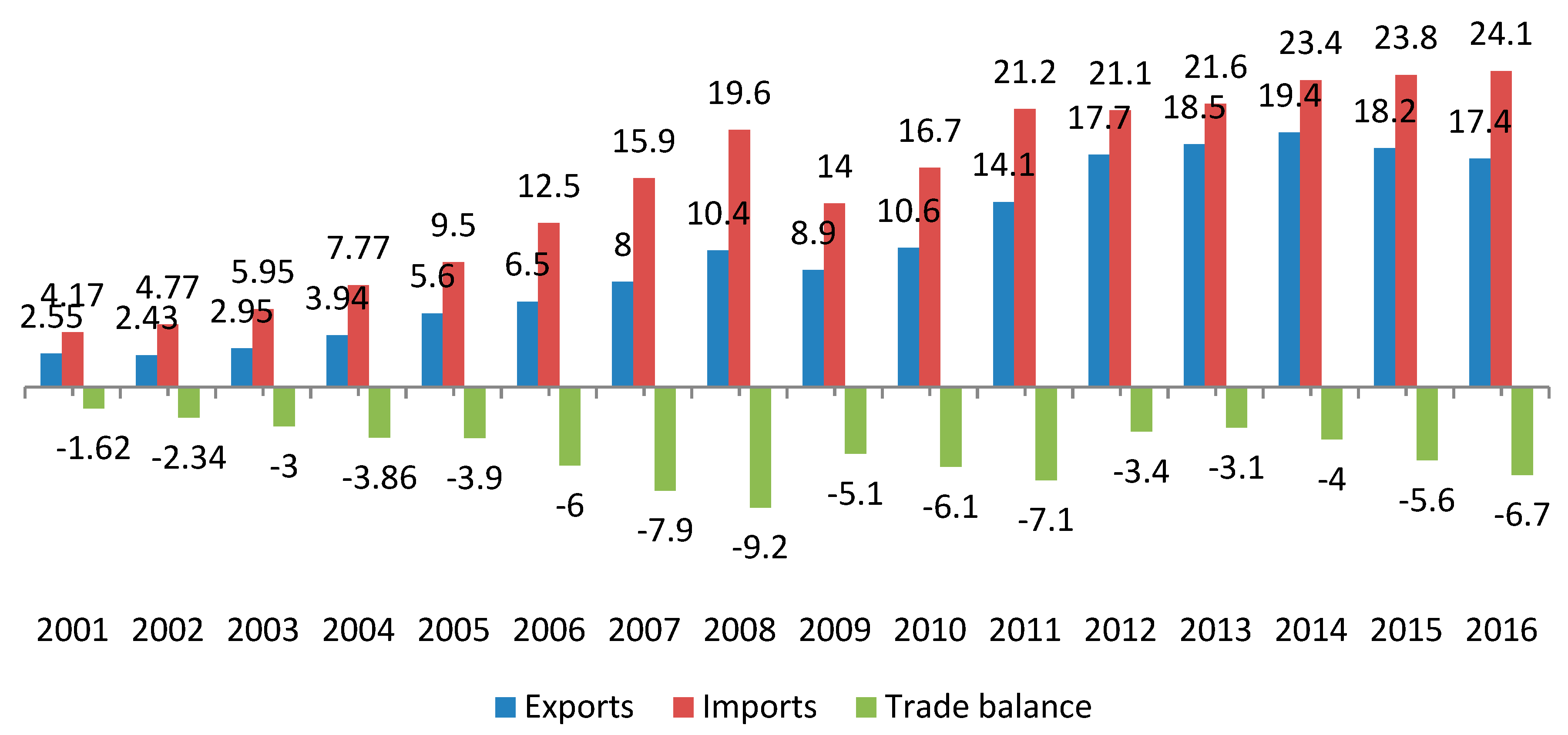In an increasingly interconnected global economy, tax treaties play a crucial role in facilitating international trade and investment. The European Union (EU) and Latin America, two economically vibrant regions, have established numerous tax treaties to streamline trade and enhance economic relations. These agreements are designed to prevent double taxation, offer tax relief, and provide a framework for resolving tax disputes, ultimately fostering a more conducive environment for cross-border trade. This article delves into the intricacies of tax treaties between the EU and Latin America and explores their impacts and implications on economic exchange.
Examining Tax Treaties in EU-Latin America Trade
Tax treaties between the EU and Latin America are primarily aimed at eliminating double taxation, which occurs when two different jurisdictions impose taxes on the same income or transaction. By clearly delineating taxing rights, these treaties provide certainty and predictability for businesses operating across borders. They often include provisions that allocate taxing rights based on factors such as the source of income or the residency of the taxpayer, thereby reducing the risk of tax disputes and fostering a more stable trade environment. This legal clarity is particularly important for multinational corporations that operate in both regions, as it allows them to plan their investments and operations more efficiently.
Beyond eliminating double taxation, these treaties often include measures to prevent tax evasion and avoidance. By promoting transparency and cooperation between tax authorities, the treaties ensure that income generated in one jurisdiction is accurately reported and taxed in accordance with the law. This is achieved through information exchange provisions that enable tax authorities to share relevant tax data, thereby discouraging tax evasion. As a result, these treaties not only enhance trade relationships but also contribute to the integrity and fairness of the global tax system.
Moreover, tax treaties serve as a mechanism for dispute resolution, providing a structured process for addressing disagreements that may arise between tax authorities in the EU and Latin America. The inclusion of mutual agreement procedures (MAP) allows for negotiation and resolution of tax disputes outside of court, which is both time-efficient and cost-effective. This feature is especially beneficial for companies engaged in cross-border trade, as it minimizes the risk of prolonged legal battles that can disrupt business operations and deter investment.
Impacts and Implications for Economic Exchange
The presence of tax treaties between the EU and Latin America has a profound impact on economic exchange, as they lower the barriers to trade and investment. By providing a clear framework for taxation, these treaties reduce the cost of doing business across borders, encouraging companies to expand their operations internationally. This increased cross-border activity can lead to enhanced economic growth and development in both regions, as businesses benefit from new markets and opportunities for collaboration.
Furthermore, tax treaties often promote foreign direct investment (FDI) by offering favorable tax treatment to investors. By mitigating the risk of double taxation and ensuring a stable tax environment, these agreements make it more attractive for EU companies to invest in Latin America, and vice versa. This influx of investment can stimulate job creation, technology transfer, and infrastructure development, contributing to the overall economic prosperity of both regions. The positive effects of FDI can also extend to enhancing competitiveness and innovation within local industries.
However, the implications of tax treaties are not without challenges. Critics argue that these agreements can sometimes lead to a loss of tax revenue for developing countries in Latin America, as they may be pressured to offer significant tax concessions to attract foreign investment. This could potentially undermine their ability to invest in essential public services and infrastructure, thereby exacerbating economic inequality. To address these concerns, ongoing dialogue and negotiation are essential to ensure that tax treaties are balanced and mutually beneficial, promoting sustainable economic growth without compromising fiscal sovereignty.
In conclusion, tax treaties play a pivotal role in shaping the trade dynamics between the EU and Latin America. By eliminating double taxation, preventing tax evasion, and offering mechanisms for dispute resolution, these agreements create a more predictable and secure environment for economic exchange. While they undoubtedly facilitate trade and investment, it is crucial to remain vigilant about their broader implications, particularly concerning revenue loss and economic inequality. As both regions continue to navigate the complexities of international trade, tax treaties will remain a key tool in fostering economic integration and cooperation.
